Vitamin D, often dubbed the "sunshine vitamin," has long been associated with bone health and calcium regulation. However, its significance extends beyond these traditional roles, with emerging evidence linking it to mental health. This fat-soluble vitamin has captivated researchers for its potential to influence mood, cognition, and overall mental well-being.
The relationship between Vitamin D and mental health is complex and multifaceted. While some studies suggest strong correlations, others highlight gaps in understanding, pointing to the need for more nuanced research. As we unravel this connection, let us delve deeper into Vitamin D’s journey from strengthening bones to potentially uplifting minds.
Vitamin D Basics: A Multifunctional Nutrient
Vitamin D is not just a simple vitamin—it’s a prohormone, meaning it has hormone-like functions that influence a wide array of bodily processes. Its primary sources include:
- Sunlight (UVB rays): The most efficient natural source.
- Dietary Sources: Fatty fish (like salmon and mackerel), egg yolks, and fortified foods.
- Supplements: Widely used to combat deficiencies.
Once synthesized or ingested, Vitamin D undergoes two activation steps:
- In the liver: It becomes 25-hydroxyvitamin D [25(OH)D], the primary circulating form.
- In the kidneys: It is converted into 1,25-dihydroxyvitamin D (calcitriol), the active form that binds to Vitamin D receptors (VDRs) in various tissues.
Why Deficiency Is Rampant: Despite its abundance in nature, Vitamin D deficiency is widespread, with contributing factors such as:
- Urbanization: Reduced outdoor activity limits UVB exposure.
- Sunscreen Use: While essential for skin protection, it inhibits Vitamin D synthesis.
- Dietary Habits: Modern diets often lack sufficient Vitamin D-rich foods.
- Chronic Illnesses: Conditions like obesity and liver disease can impair absorption and metabolism.
Understanding these factors is essential, as Vitamin D deficiency impacts not only physical but also mental health.
The Brain Connection: Vitamin D and Mental Health
Why is Vitamin D Relevant to Mental Health? The discovery of Vitamin D receptors (VDRs) and activating enzymes in the brain has spurred interest in its neurological roles. Key areas influenced by Vitamin D include:
- Hippocampus: Critical for memory and emotional regulation.
- Prefrontal Cortex: Governs decision-making and mood stabilization.
- Amygdala: Involved in emotional processing, particularly fear and anxiety.
Vitamin D’s ability to cross the blood-brain barrier underscores its potential systemic and localized effects on brain function.
Mechanisms of Action: How Vitamin D Impacts the Brain
Vitamin D influences mental health through several pathways:
- 1. Regulating Neurotransmitters:
- Serotonin: Often dubbed the "happiness chemical," serotonin levels are partially regulated by Vitamin D, which enhances the activity of tryptophan hydroxylase, the enzyme critical for serotonin synthesis.
- Dopamine: Essential for motivation and reward, dopamine production is modulated by Vitamin D’s effects on tyrosine hydroxylase.
- GABA: Vitamin D supports the synthesis of GABA, a neurotransmitter with calming effects on the brain.
- BDNF (Brain-Derived Neurotrophic Factor): Promotes neuronal survival, plasticity, and growth.
- NGF (Nerve Growth Factor): Vital for neuron maintenance and function.
- GDNF (Glial Cell Line-Derived Neurotrophic Factor): Protects dopaminergic neurons, crucial for mood and movement.
- Chronic inflammation and oxidative stress are common in psychiatric disorders. Vitamin D suppresses microglial activation (immune cells in the brain), reducing harmful inflammatory responses and oxidative damage.
- Neuroplasticity, the brain’s ability to adapt and form new connections, is crucial for learning, memory, and recovery from mental health disorders. Vitamin D facilitates synaptic plasticity and neurogenesis.
The Evidence: Vitamin D and Depression
The link between Vitamin D and depression has been extensively studied, though findings are mixed.
- 1. Observational Studies: Early research highlighted correlations between low Vitamin D levels and higher rates of depressive symptoms:
- Seasonal Affective Disorder (SAD): Depression that worsens in winter months when sunlight is limited.
- Inverse Relationship: Individuals with lower Vitamin D levels consistently reported more severe depressive symptoms.
- Positive Results: Some studies demonstrate improvements in mood, particularly among individuals with significant baseline deficiencies.
- Null Findings: Other trials report minimal or no benefit, suggesting that factors like dosage, participant characteristics, and trial duration influence results.
Why the Inconsistencies? Several factors contribute to the variability in study outcomes:
- Baseline Deficiency: Supplementation is most effective in those with significant Vitamin D deficiency.
- Dosage Variability: There’s no consensus on the optimal dosage for mental health benefits.
- Duration: Short-term trials may fail to capture the cumulative effects of supplementation.
- Outcome Measures: Depression is multifaceted, and standard tools may not detect subtle improvements.
Beyond Depression: Expanding the Scope
While depression is the most studied area, Vitamin D’s influence may extend to other psychiatric conditions:
- Anxiety Disorders: Vitamin D’s calming effects on the nervous system, mediated by GABA regulation and anti-inflammatory properties, suggest potential benefits for anxiety reduction.
- Bipolar Disorder: Emerging evidence indicates that Vitamin D might stabilize mood fluctuations by modulating neurotransmitter activity and reducing inflammation.
- Cognitive Decline and Dementia: Low Vitamin D levels have been linked to an increased risk of Alzheimer’s disease and cognitive decline. Its neuroprotective properties may support memory and executive functioning.
- Schizophrenia: Prenatal Vitamin D deficiency is associated with a higher risk of schizophrenia, emphasizing its role in early brain development.
Vitamin D and Lifestyle: Practical Applications
Vitamin D is unique in that its levels are influenced by lifestyle choices. Simple interventions can help address deficiencies:
- Sunlight Exposure: Spending 15-30 minutes outdoors daily can boost Vitamin D synthesis. Aim for midday sunlight, when UVB rays are strongest.
- Dietary Improvements: Incorporate Vitamin D-rich foods like fatty fish, fortified cereals, and mushrooms into your diet.
- Supplements: Over-the-counter Vitamin D supplements are effective, but dosages should be individualized based on medical advice.
- Physical Activity: Exercise enhances overall well-being and may improve Vitamin D metabolism.
Public Health Implications: Tackling a Global Deficiency
Vitamin D deficiency is a silent epidemic with significant implications for mental health:
- Vulnerable Groups: Elderly individuals, people with darker skin tones, and those living in regions with limited sunlight are at greater risk.
- Policy Interventions: Governments can prioritize fortification programs and subsidized supplements.
- Awareness Campaigns: Educating communities about the importance of Vitamin D can empower individuals to take proactive steps.
New Dimensions: Integrating Vitamin D into Holistic Mental Health Care
Vitamin D’s role in mental health is best understood as part of a broader, integrative approach. Combining supplementation with other therapies can amplify its benefits:
- Psychotherapy: Cognitive-behavioral therapy (CBT) and mindfulness practices can address underlying psychological patterns.
- Pharmacotherapy: Antidepressants and anxiolytics can work synergistically with Vitamin D to enhance outcomes.
- Lifestyle Interventions: Diet, exercise, and stress management are foundational to mental well-being.
Future Directions: Research and Innovation
Key areas for future research include:
- Personalized Medicine: Exploring genetic and metabolic factors that influence individual responses to Vitamin D supplementation.
- Preventive Strategies: Investigating Vitamin D’s role in reducing the onset of psychiatric disorders.
- Synergistic Effects: Studying how Vitamin D interacts with other nutrients (e.g., omega-3 fatty acids) to support brain health.
Conclusion: Illuminating the Path Forward
Vitamin D’s journey from strengthening bones to supporting minds is both fascinating and complex. While it is not a standalone solution for mental health issues, its role as a modulator of brain function is undeniable. By addressing deficiencies, we can unlock its potential to complement existing treatments and foster holistic well-being.
In a world where mental health challenges are on the rise, the sunshine vitamin offers a glimmer of hope. Whether through diet, sunlight, or supplementation, taking proactive steps to maintain optimal Vitamin D levels is an investment in both physical and mental health—a small change that can yield profound benefits
TAGS: Vitamin D, Sunshine Vitamin, Hydroxyvitamin D, Calcitriol, Hippocampus, Amygdala, Neurotransmitters, Serotonin, Dopamine, GABA, BDNF, rain-Derived Neurotrophic Factor, NGF, Nerve Growth Factor, GDNF, Glial Cell Line-Derived Neurotrophic Factor, SAD, Seasonal Affective Disorder, Inverse Relationship, Anxiety Disorders, Bipolar Disorder, Cognitive Decline and Dementia, Schizophrenia, Psychotherapy, Pharmacotherapy
Disclaimer: All characters and events depicted in this blog are entirely fictional. Any resemblance to actual persons, living or dead, is purely coincidental. The content is intended for informational purposes only and should not be considered as medical advice. Always consult a qualified healthcare professional for medical concerns.
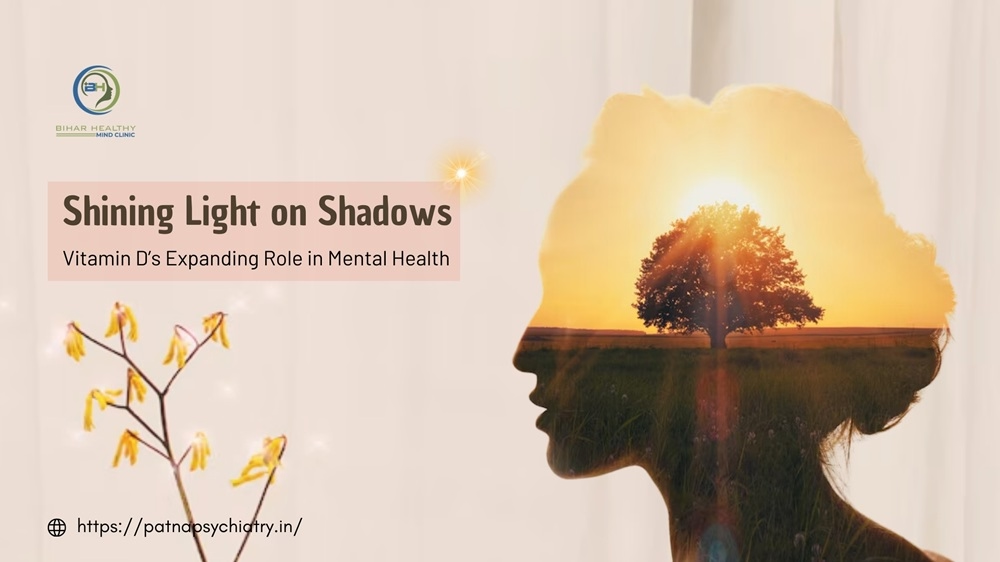

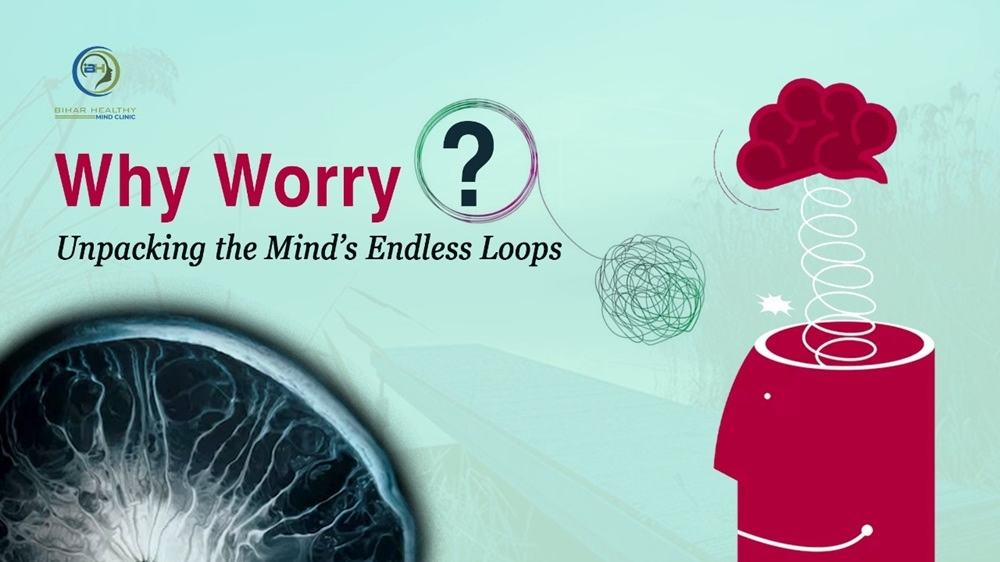
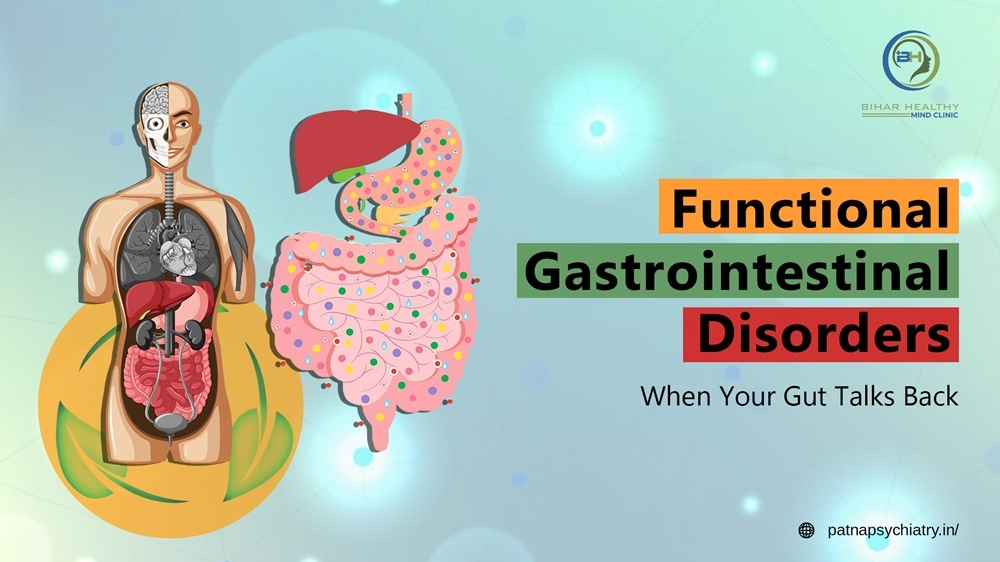
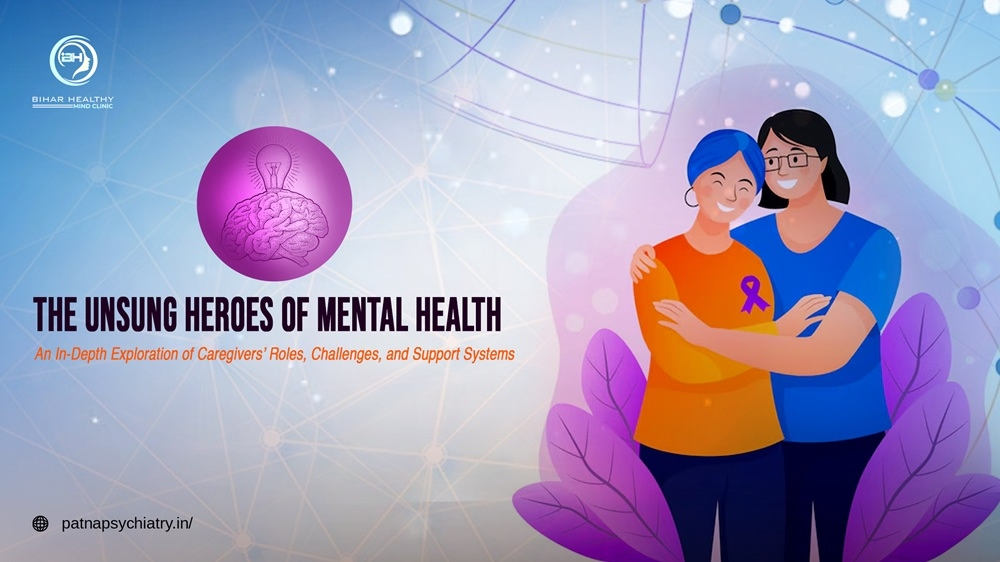
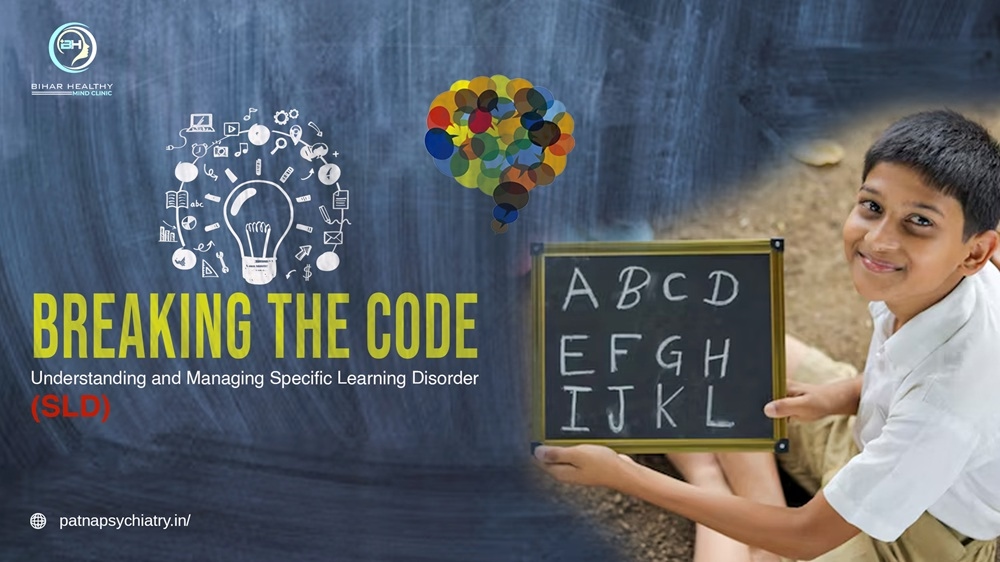
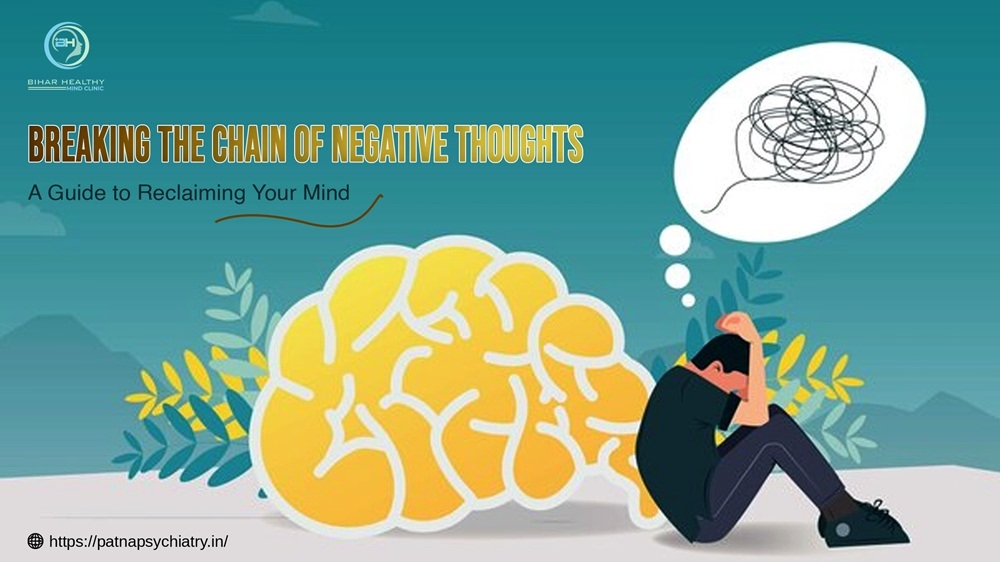
No comments yet. Be the first to comment!